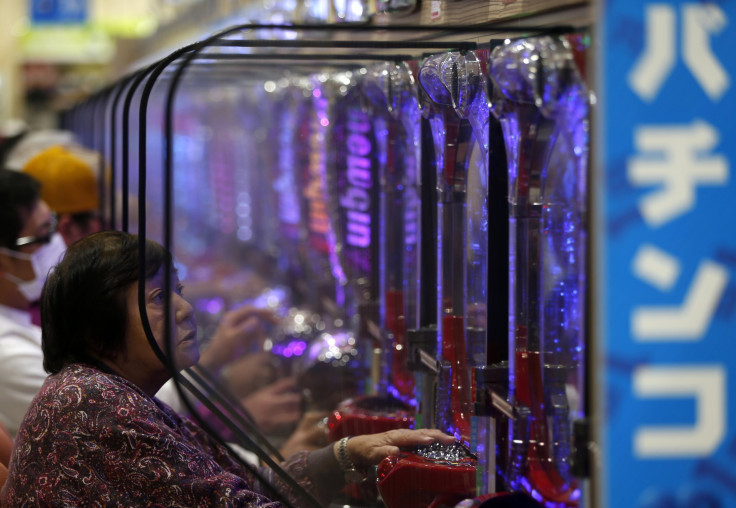S&P Doubts Japan Government Will Have Detailed Fiscal Consolidation Plan

(Reuters) - Standard & Poor's cast doubt on Japan Prime Minister Shinzo Abe's ability to repair the country's tattered finances, a day after Moody's tarnished the government's economic record less than two weeks away from a major election.
Abe's decision to delay a sales tax increase by 18 months may help the economy in the short term, but there is still no guarantee taxes will rise because the political dynamic could change after the election, Takahira Ogawa, director of sovereign ratings at S&P, told Reuters.
The growing reservations about Japan come at an awkward time for Abe as he has called an election on Dec. 14 that has become a vote on whether he has done enough to fundamentally improve the prospects for growth.
"I might be wrong, but judging by history I'm not optimistic about getting a detailed fiscal plan," Ogawa said.
"In addition, if the government fails to implement its plan, then it doesn't make any sense."
S&P has an AA- rating on Japan, which is three notches from the top rating of AAA. S&P's rating on Japan has a negative outlook, meaning a downgrade is possible.
Ogawa, when asked, declined to confirm if he was reviewing Japan's current rating for a possible downgrade.
Moody's Investors Service on Monday downgraded Japan to A1, one notch below S&P's rating, citing rising uncertainty over the country's ability to hit its deficit-reduction goal.
Abe's decision to delay a sales tax hike to 10 percent from 8 percent may prove popular with voters, but some economists say it is now impossible to reduce the primary budget deficit in fiscal 2020, an important fiscal consolidation target.
The primary budget deficit excludes debt servicing costs and income from bond sales.
Even without the delay, the government is not doing enough to correct the structural problems that make it difficult to reduce debt, such as low growth, a shrinking population and rising welfare spending, Ogawa said.
"As long as Japan's economy doesn't grow, fiscal problems will not be solved," he said. "There is still a lot more to do on the growth side."
Some economists also worry the Bank of Japan's purchases of government debt via its quantitative easing could make the government complacent on fiscal policy because yields are kept very low, or in some cases even go into negative territory.
The bond market has largely shrugged off Monday's downgrade by Moody's, and stable moves in financial markets show the BOJ's monetary policy is not a concern now, S&P's Ogawa said.
Japan's economy unexpectedly slipped into recession in the third quarter, nearly two years after Abe returned to power promising to revive the economy with his "Abenomics" mix of massive monetary stimulus, spending and reforms.
© Copyright IBTimes 2024. All rights reserved.




















